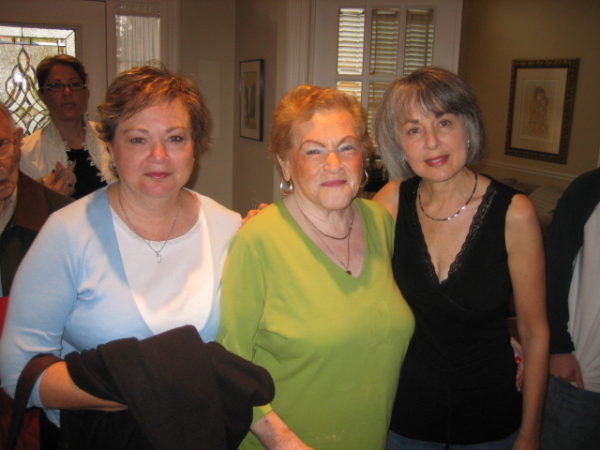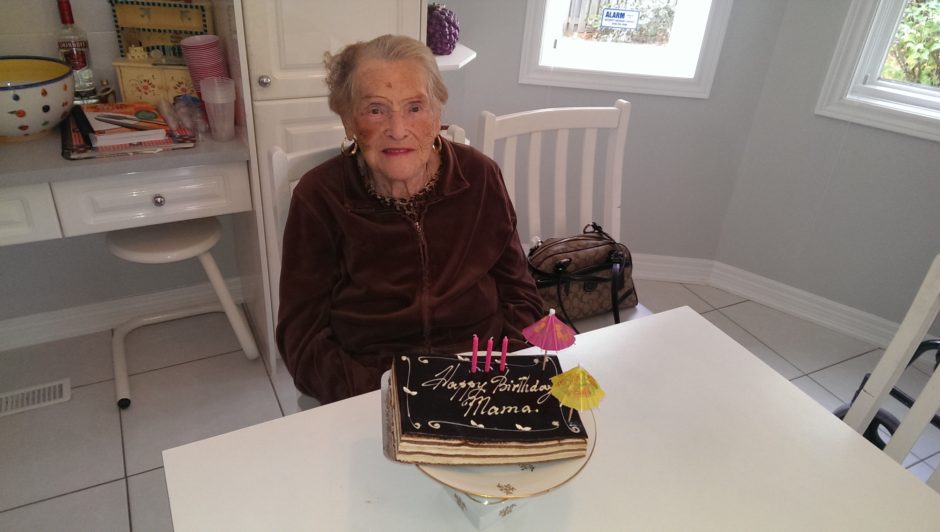Genya Kirshner, my beloved mother, ended her long and arduous journey on Friday, May 27 at about 1:30 p.m. on a hospital bed in Richmond Hill, Ontario, Canada.
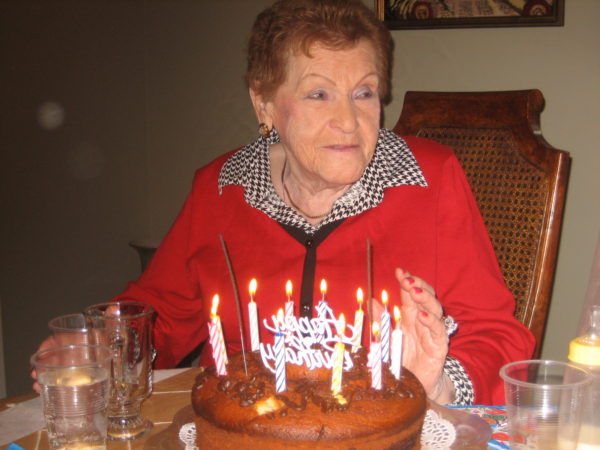
She was 100, five months short of her 101st birthday. As my old friend Henry Srebrnik wrote today, I was fortunate to have had her for so many years.
She succumbed to the cruel and heartless ravages of Alzheimer’s, a progressive disease which struck her about six or seven years ago.
Genya fought it with fortitude, strength and dignity. Thankfully, she died peacefully, surrounded by her family she loved unreservedly.
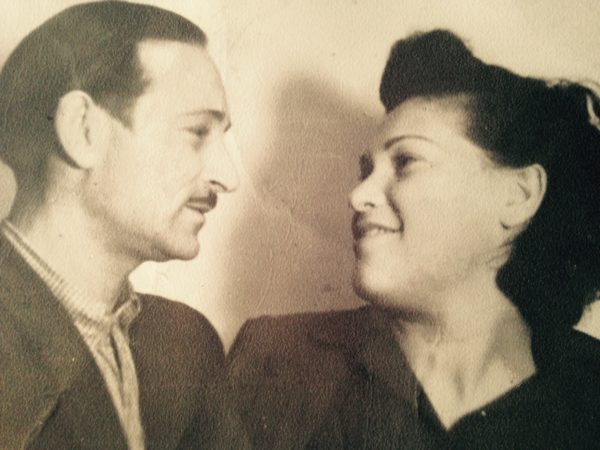
Otherwise known as Golda or Jean, she was the genuine article, a quintessentially Yiddishe mama who was utterly devoted to her husband, David, who passed away on January 20 at the age of 101, and three children, myself, Marylyn and Shirley.
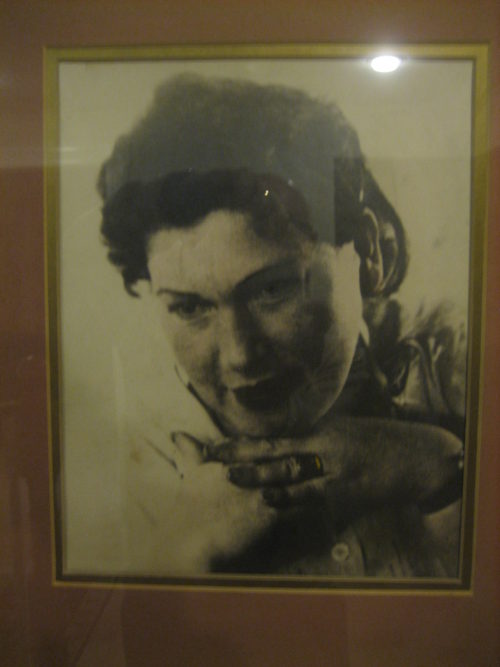
Descended from a working-class family in Lodz, Poland, and a member of a doomed generation of Polish Jews, she endured appalling and inhumane conditions that few of her contemporaries could ever have imagined.
She survived the German invasion and occupation. She lived through a terrible captivity in the Lodz ghetto. She lost her first son in Auschwitz-Birkenau, the Nazi extermination camp to which she was deported in August 1944.
She was one of the relatively lone survivors of the Holocaust in Poland, which claimed about 90 percent of the Jewish community. She beat the odds. She was a survivor par excellence.
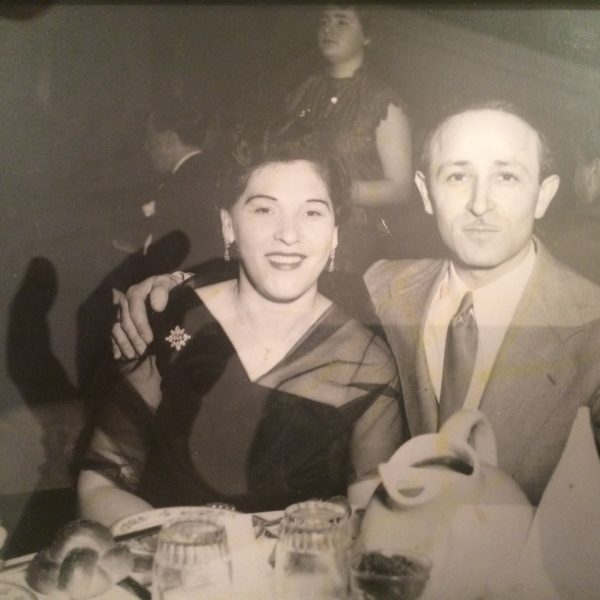
And when my father was shot and nearly killed by robbers while I was away at university in Britain in 1969, she took full control, taking care of my younger sister and visiting David in a convalescent hospital far from home.
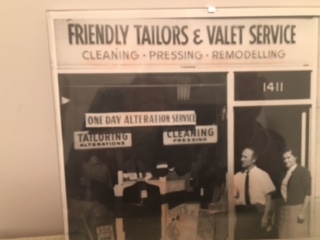
Genya met David, a soldier in the Polish army, after the war. They were both liberated in the Bergen-Belsen concentration camp in the spring of 1945. Like thousands of other survivors, they spent a few years in a displaced persons camp in southern Germany — where I was born — recovering from their nightmare and waiting to start a new life in a safer country.
They arrived in Canada in the winter of 1948. My father told me he came to this country with only a few dollars in his pocket. Since he was a skilled tailor, he went to work almost immediately after arriving in Montreal, where my two sisters and I were raised.
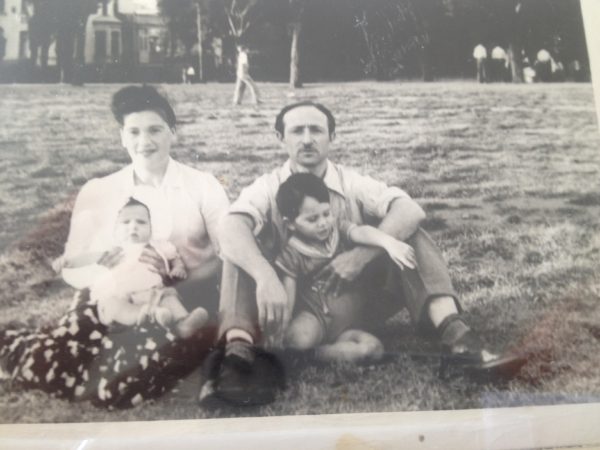
My mother was a dedicated homemaker, tending to our daily needs. A consummate cook and baker, she conjured up delicious meals inspired by her Jewish and Polish background. I grew up on a diet of tasty appetizers, rich soups, filling meat dishes, cabbage rolls, light compotes and sublime sugar cookies and apple cakes. After she started working as a cashier at a bakery, she’d bring home cheese, cinnamon, apple and cherry pastries, which I’d devour with a tall glass of milk after school.
She discovered the joy of spaghetti noodles slathered in tomato sauce in 1957. Its introduction in our household caused something of a culinary sensation. We liked this dish immensely, and to this day it remains one of my favorites. Her discovery of pasta may have been accidental. In the early 1950s, an Italian boarder who lived with us for a few months would often whip up spaghetti in his room, the sharp odour of alien Romano cheese filling our nostrils.
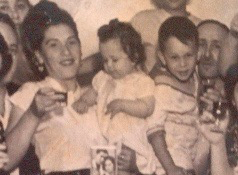
My parents bought their first property in 1954, a new duplex Genya kept clean and immaculate until we moved to another house in the general vicinity a few years later. In 1961, they purchased their third and final duplex, and this is where we lived comfortably until I left Montreal to study for a post-graduate degree in London.
Although her own schooling ended rather early, she and my father worked hard to ensure that their children would be well educated and able to earn a decent living. I’m not entirely convinced I owed my first real job in journalism to an MA degree in Middle Eastern history, but she was proud of it. Her hard-earned money had not been squandered.
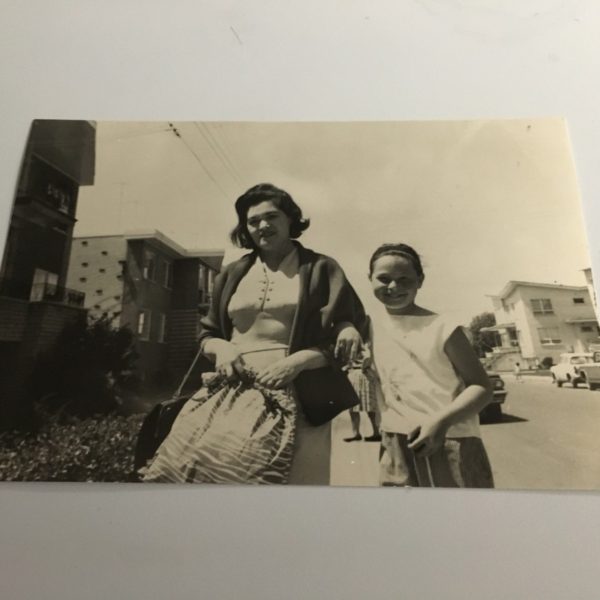
I owe my love of nature to my mother, who adored the sylvan beauty and aroma of trees, bushes, plants and flowers. When we lived near Mount Royal Park, in Montreal, we would often repair to the “mountain” for strolls and even the occasional picnic. In all her homes, she cultivated tropical plants with the greatest of care. Even during our harshest winters, I could always indulge in flights of fancy, imagining I was on a lush Caribbean island warmed by the sun and cooled by fresh ocean breezes.
Although she was physically strong, she suffered from chronic stomach troubles. When I was four or five years old, doctors removed a good chunk of her stomach, which had been damaged by the atrocious food she was forced to consume from the outbreak of the war in 1939 to the end of hostilities 1945.
My mother, unlike my father, was not obsessed by the Holocaust. But the loss of her first son broke her heart. Not a day passed when she did not think of him. As her first-born child after the Holocaust, I replaced him, enjoying a special place in her heart. In Yiddish, she referred to me as her “dear son.” I tried to live up to her hopes and expectations, but did not always succeed, much to her occasional disappointment.
Nonetheless, she and I had a rare kind of relationship I will cherish and appreciate till the end of my own days.
She was my Yiddishe mama.
